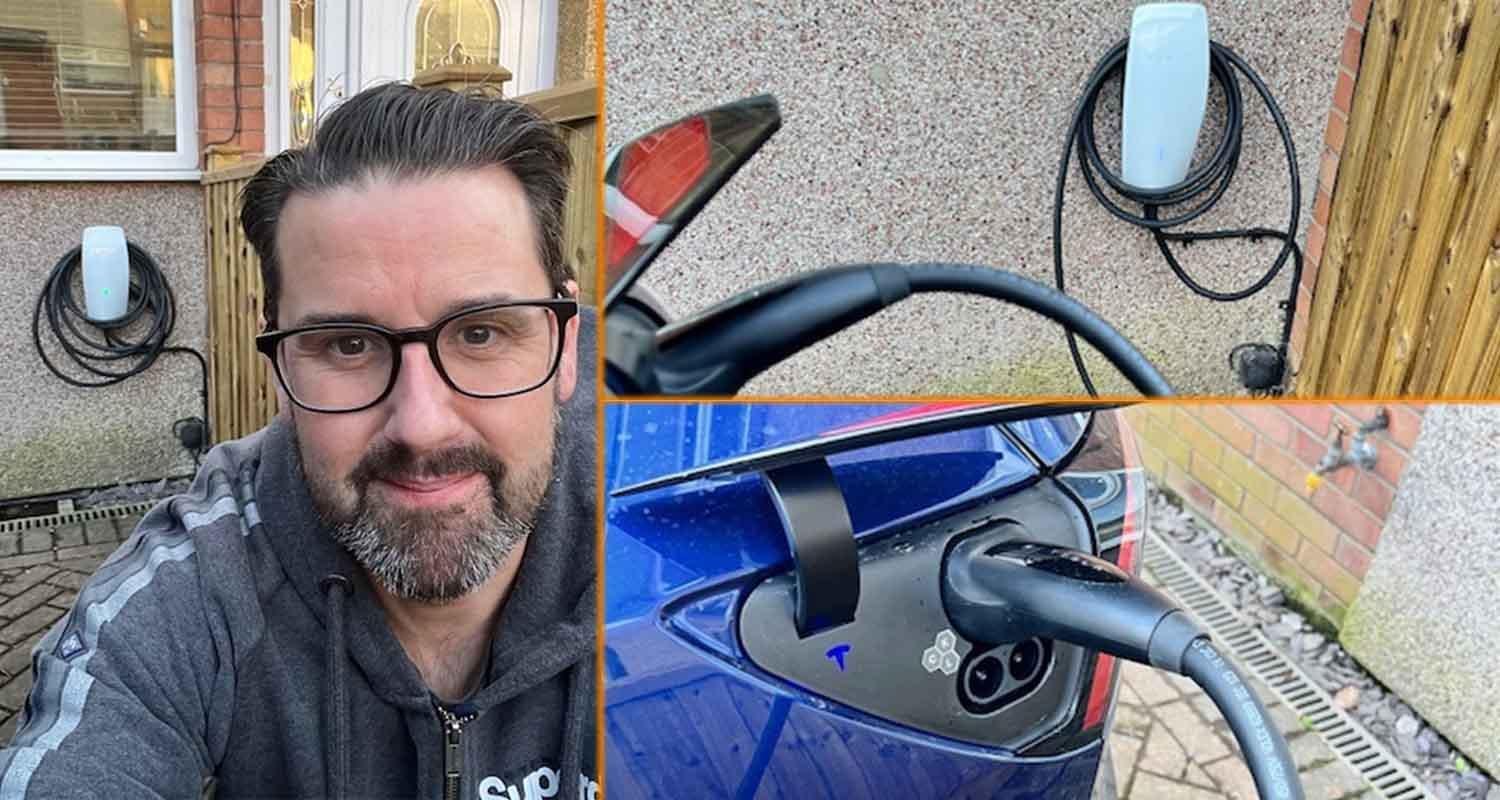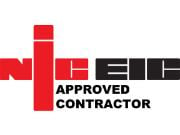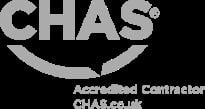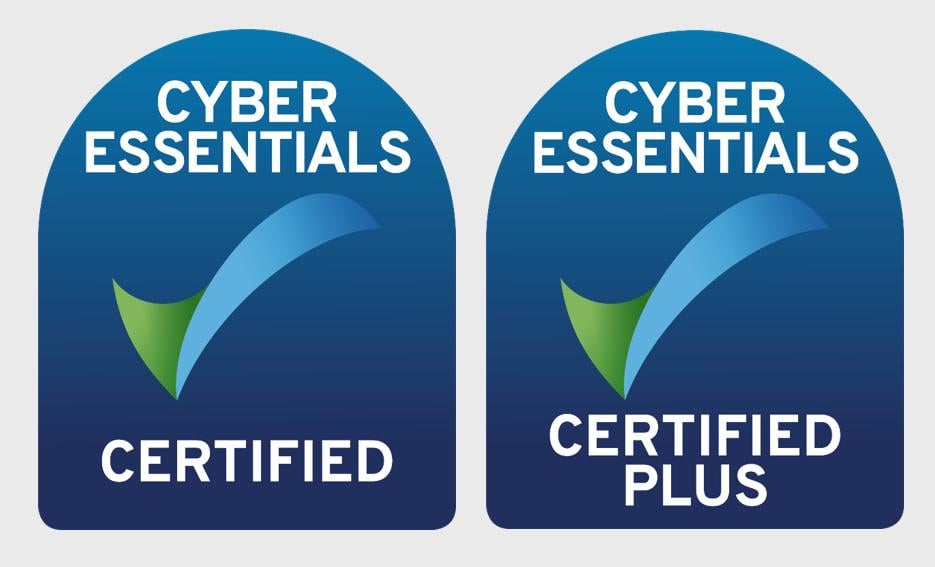What is Ultra Low Emission Zone (ULEZ) and how will it impact me?
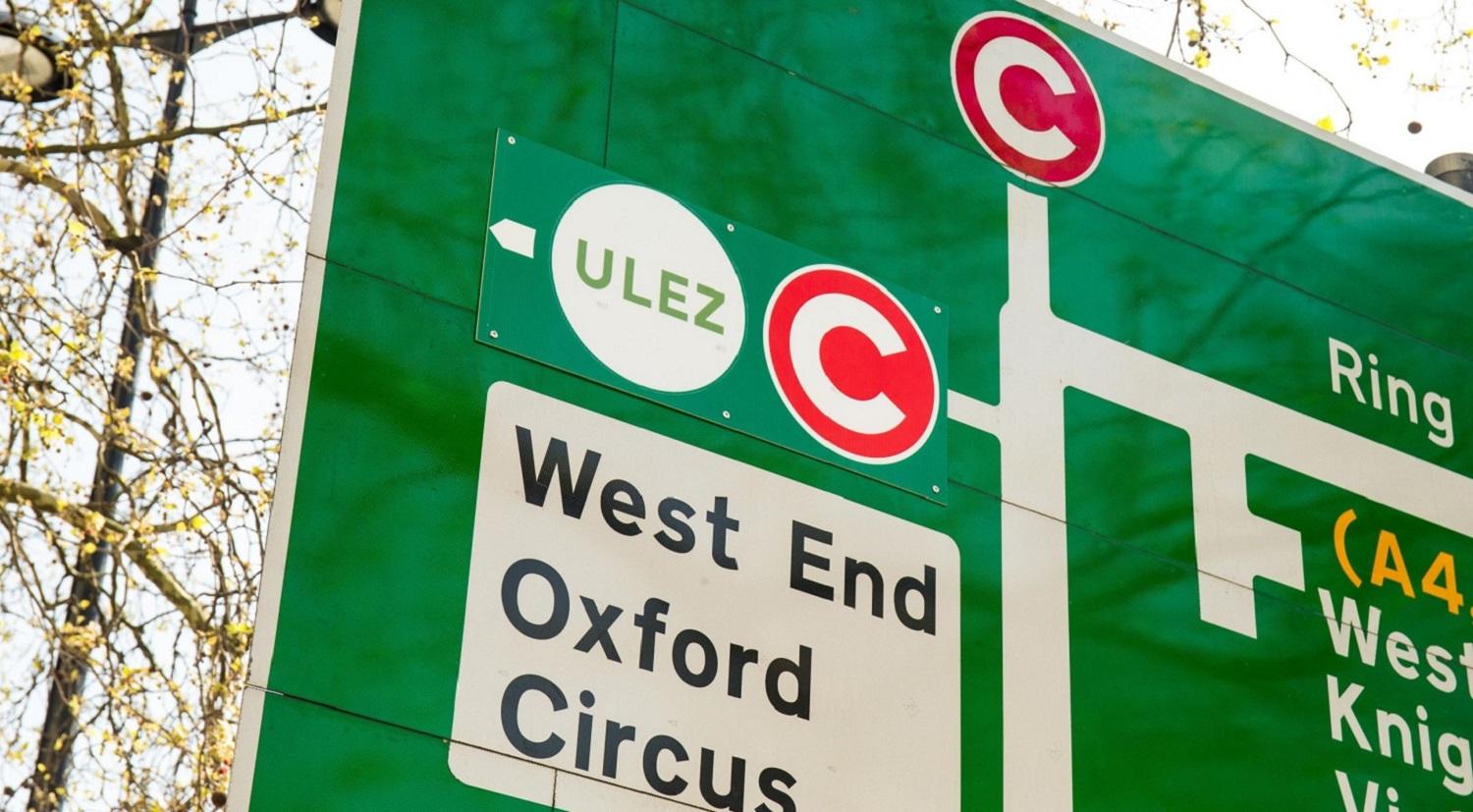
Ultra Low Emission Zone (ULEZ), is a regulation first introduced in April 2019 to help improve London's air quality.
The zone currently covers all areas within the north and south circular roads, however, as of the 29th of August 2023, the London ULEZ zone will expand to cover almost all of the Greater London area.
The scheme aims to encourage drivers to switch to less polluting vehicles or use other methods of getting from A to B such as public transport by charging a daily fee every time a non-compliant vehicle is driven within the zone.
The ULEZ zone is separate from London's congestion charge zone, which only covers areas in central London.
How much does the ULEZ charge cost?
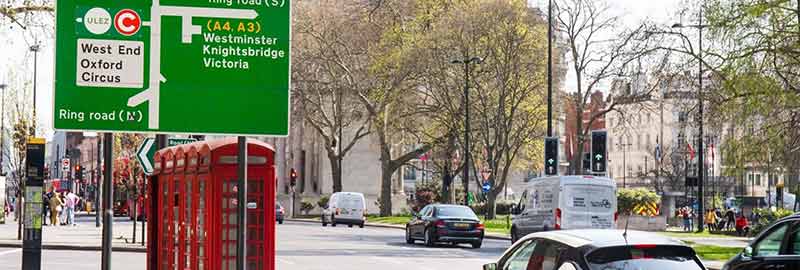
Non-ULEZ compliant vehicles driving within the ultra-low emission zone will be charged £12.50 a day.
This only applies to non-compliant vehicles moving within the zone meaning that you will not be charged if you are parked.
How do I pay the ULEZ charge?
You can pay the ULEZ charge for up to three previous days via the TFL website.
If you find yourself driving in and out of the Ultra Low Emission Zone with a non-compliant vehicle a lot then you can also sign up to auto-pay, which will automatically deduct the charge via direct debit.
What happens if I don't pay the ULEZ charge?
Failure to pay the ULEZ charge within three days will incur a fine of £180 which will reduce to £80 if paid within 14 days of receiving it.
What vehicles are affected by ULEZ?
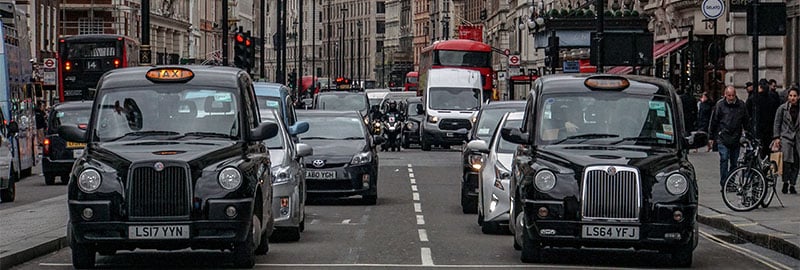
Firstly, it will only affect you if you drive into a ULEZ-designated area. Obviously, if you avoid it altogether then you avoid any charges.
Of course, this isn't always possible and we expect the ULEZ to start making appearances in other cities if it's deemed successful in London.
It's important to note that these costs are in addition to any applicable Congestion Charge. You can find more information on Transport For London's ULEZ page.
You can also find out if you need to pay for ULEZ charges by entering your vehicle's number plate into the ULEZ checker via the Transport for london website.
In order for a vehicle to be exempt from the ULEZ charge it will first need to meet the following criteas.
Electric cars, motorcycles and vans
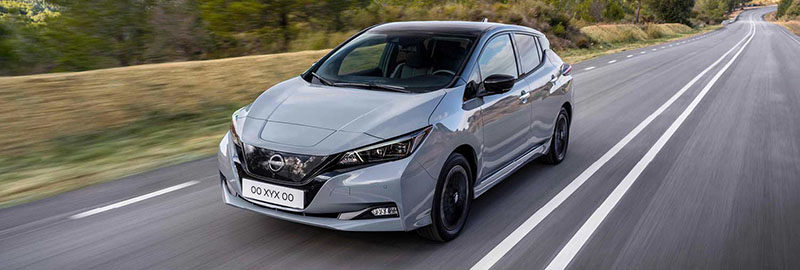
If you drive a fully electric car, motorcycle or van then you will be pleased to know that it will automatically be exempt from any ULEZ charges because they are zero emissions.
In addition, electric vehicles have zero per cent car tax currently, making them a great choice for urban areas especially.
Compare charging costs
Compare the costs of charging at home using a dedicated EV energy tariff, on the road and at your destination using our cost to charge tool.
Petrol cars
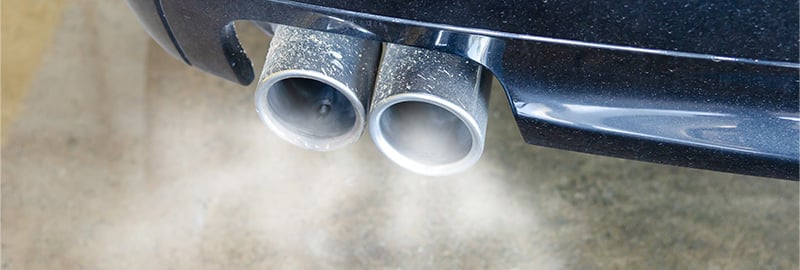
Fully petrol cars, plug-in hybrids and mild-hybrids must meet the Euro 4 standard in order to be ULEZ compliant.
Generally speaking, most petrol vehicles registered after 2005 meet this standard and have been available since 2001.
Petrol Vans
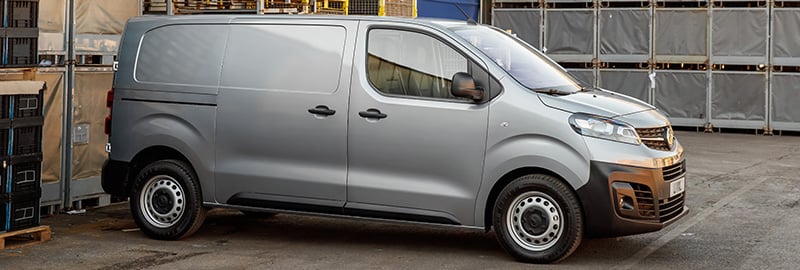
Similar to petrol cars, petrol vans must also meet the Euro 4 emissions standards in order to be ULEZ compliant.
Also like petrol cars, petrol vans registered after 2005 are typically ULEZ compliant.
Vans must also meet the following:
Small vans (weighing up to and including 1.205 tonnes unladen weight)
Larger vans, 4X4 light utility vehicles, motorised horseboxes, pickups (over 1.205 tonnes unladen weight up to and including 3.5 tonnes gross vehicle weight)
Ambulances and motorcaravans (2.5 tonnes to 3.5 tonnes)
Minibuses (more than 8 passenger seats, not over 5 tonnes)
If your van is heavier than the above it will be exempt from ULEZ but subject to the Low emission zone (LEZ) regulations, which is a different regulation altogether.
Diesel cars and vans
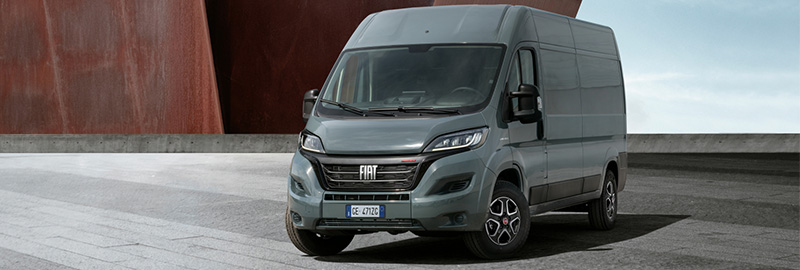
Diesel vehicles have to meet the Euro 6 emission standard.
Typically, diesel cars and vans registered after September 2015 typically meet this standard.
Who is exempt from ULEZ?

There are some exemptions from the ULEZ charge other than electric cars, motorcycles and vans.
Vehicles for disabled people
Vehicles that are registered with the DVLA as having a disabled or disabled passenger vehicle tax class will benefit from a "grace period", which exempts them from paying ULEZ up until the 24th of October 2027.
This is valid as long as you do not change tax class.
If your 'disabled' or 'disabled passenger vehicle' tax class vehicle is registered in the UK, you don't need to register with the ULEZ office to benefit from the exemption.
Other exempt vehicles
If you own a historic vehicle and it has historic vehicle tax, you'll be exempt from ULEZ.
This is the case unless the vehicle is used commercially.
Agricultural and military vehicles are also exempt, as are certain types of mobile cranes.
How will ULEZ change in future?

While the ULEZ may be an issue for drivers of older cars, it's important to remember that it has been designed to help improve air quality and, ultimately, our health.
It's clear that the government is aware of the issues that air pollution from petrol and diesel cars is causing – while there are no plans for a further ULEZ expansion beyond the 29th of August 2023, it's entirely possible that other cities will implement the scheme and it could become stricter in the future.
This may mean it is worth considering a newer vehicle with better emissions ratings.
While electric cars have zero emissions and a range of other benefits, such as lower running costs and great acceleration, plug-in hybrids such as the Volkswagen Golf GTE or Mitsubishi Outlander PHEV are a good blend between fully electric and petrol or diesel.


